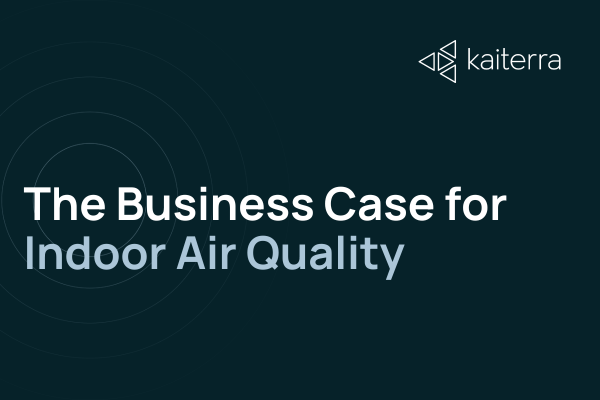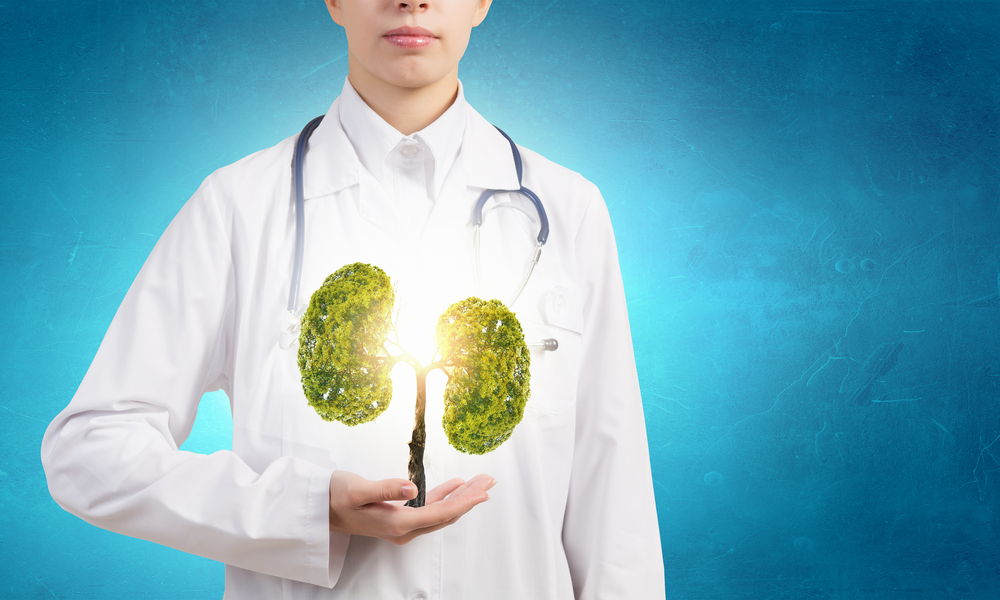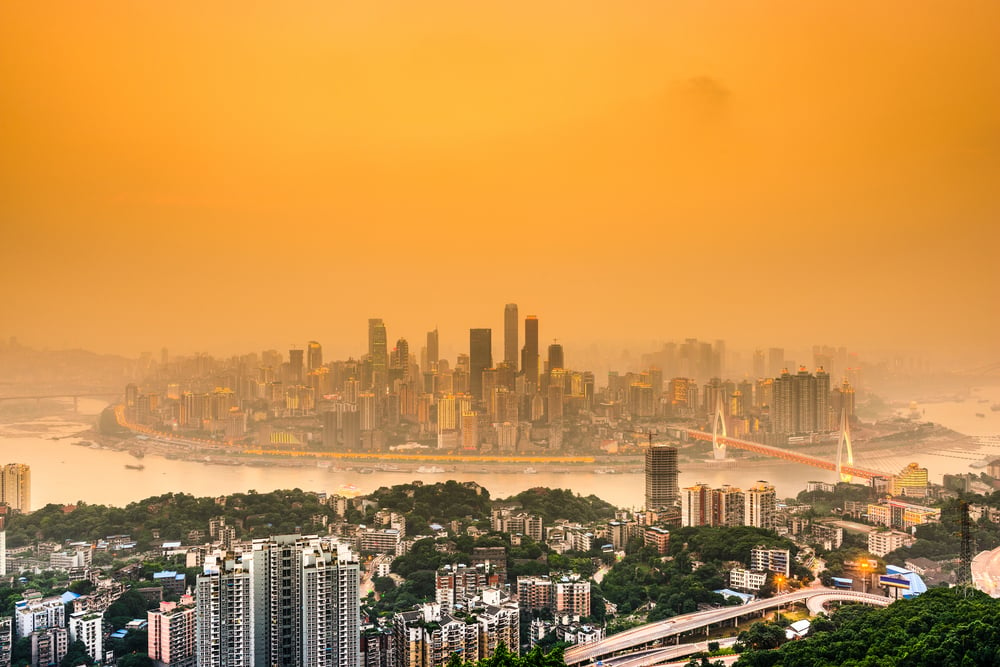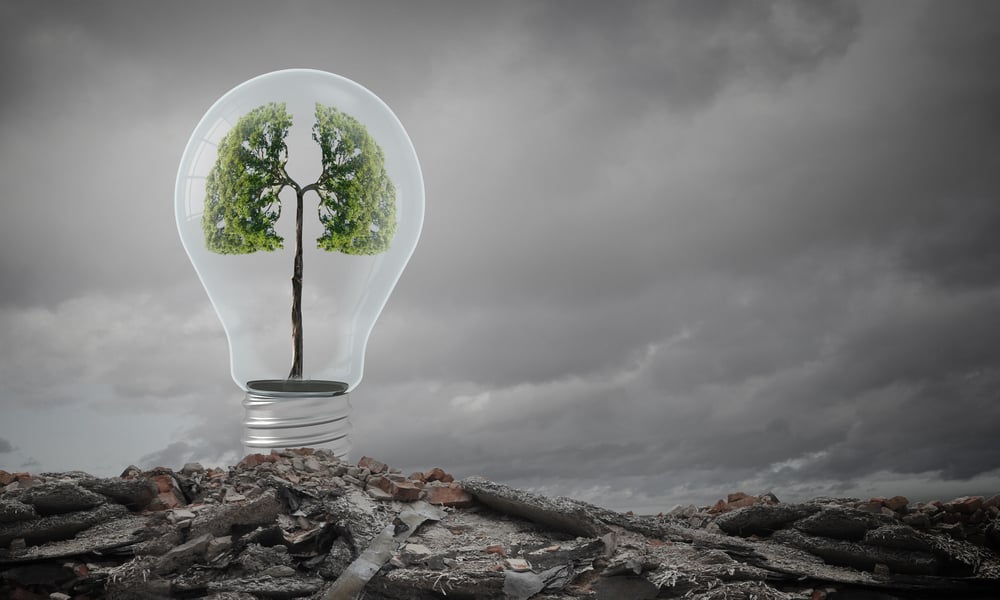Newsletter
What Is Carbon Monoxide?
Carbon Monoxide (CO) is a colorless, odorless gas produced by burning fuels such as gasoline, wood, propane, or charcoal. Too much carbon monoxide can reduce the amount of oxygen in your blood. This can cause carbon monoxide poisoning, which is extremely dangerous and requires immediate medical attention.
Carbon Monoxide & Air Pollution
Carbon Monoxide is a type of air pollution caused by burning fuel in poorly ventilated spaces. In developed countries, CO is typically due to exhaust from cars, heating for houses, and tobacco smoke. In developing countries, carbon monoxide commonly comes from burning biomass for cooking. There are also natural sources, such as volcanoes and bushfires, though humans contribute to the vast majority of CO emissions.
Urban areas tend to have higher concentrations of CO caused by vehicle and industrial emissions. And while CO does indirectly contribute to climate change, this pollutant is better known for its health effects.
Carbon Monoxide & Your Health
Inhaling CO can cause a number of problems. When someone experiences Carbon Monoxide poisoning, the issues can include headache, dizziness, weakness, vomiting, and other flu-like symptoms. If not promptly treated it can cause loss of consciousness, brain damage, and death. Young children, the elderly, and people with existing health problems are more likely to experience CO poisoning symptoms, although everyone is at risk of CO poisoning.
Protecting yourself from CO poisoning
If you’re worried about Carbon Monoxide emissions there are a few different strategies you can use to protect you and your family:
- Get a carbon monoxide detector
- Ensure that your house and garage are properly ventilated so that fresh air is circulated
- Check that chimneys, flues, and other heating system components are in proper working order
- Avoid using fuel-burning appliances, such as engines or generators, in an enclosed space
For specific questions about products in your home, here is a detailed list from the United States Consumer Product Safety Commission. If you suspect you have carbon monoxide poisoning, leave your house immediately and seek medical attention.
Kaiterra provides air quality monitors and an IAQ analytics dashboard for healthy buildings and offices, helping workplace leaders and healthy building pioneers assess and improve their indoor air quality. Our indoor air quality monitors like the Sensedge and the Sensedge Mini can be found in many of the world’s most iconic buildings and workplaces, such as the Empire State Building and the Burj Khalifa.






.png?width=200&height=148&name=Menu%20C%20(2).png)

.png?width=307&height=228&name=Menu%20-%20D%20(1).png)
.png)




